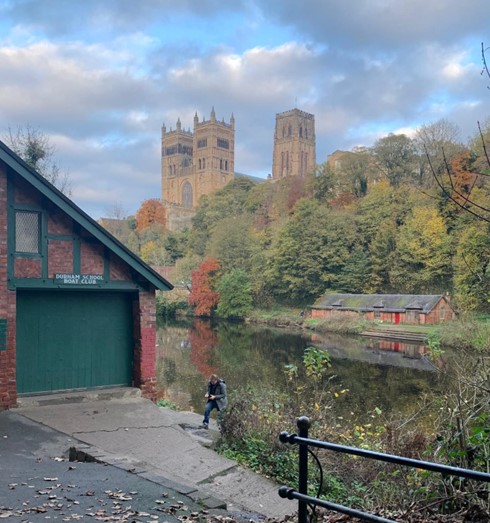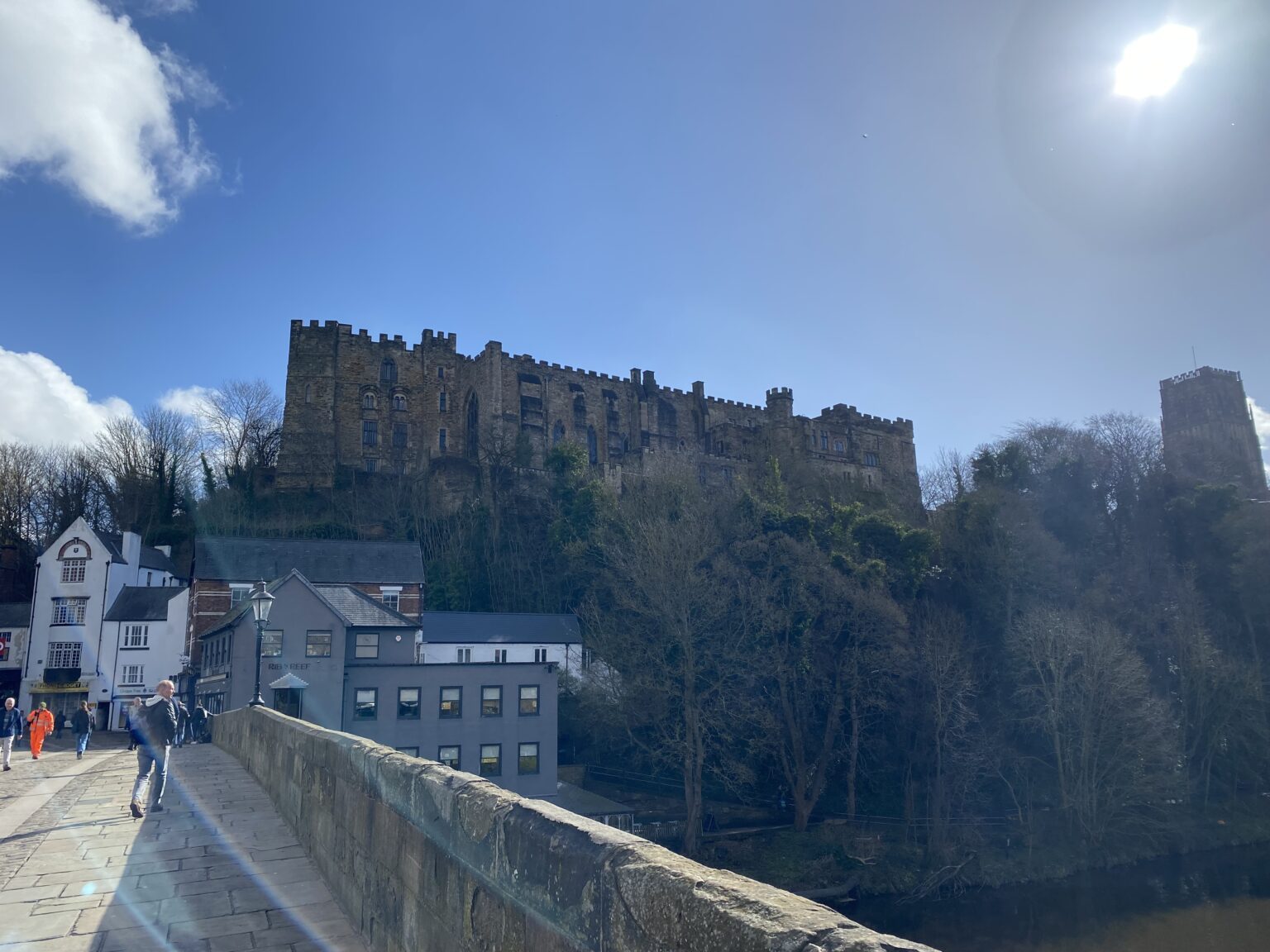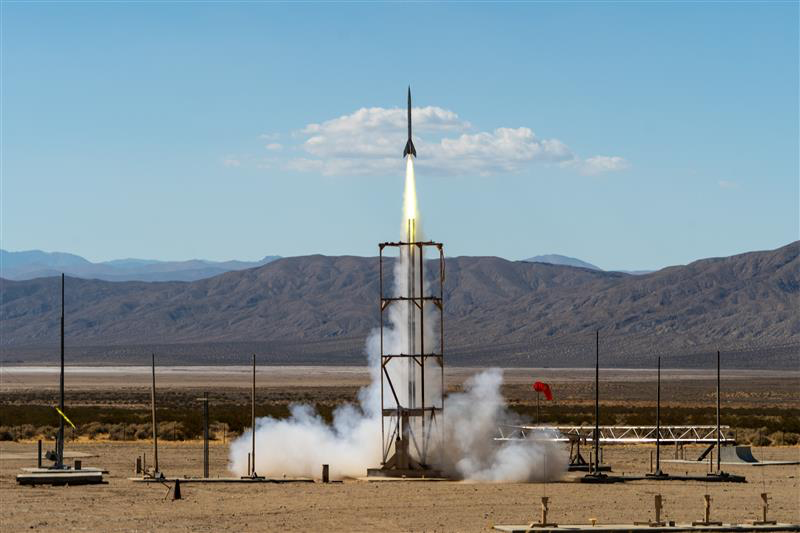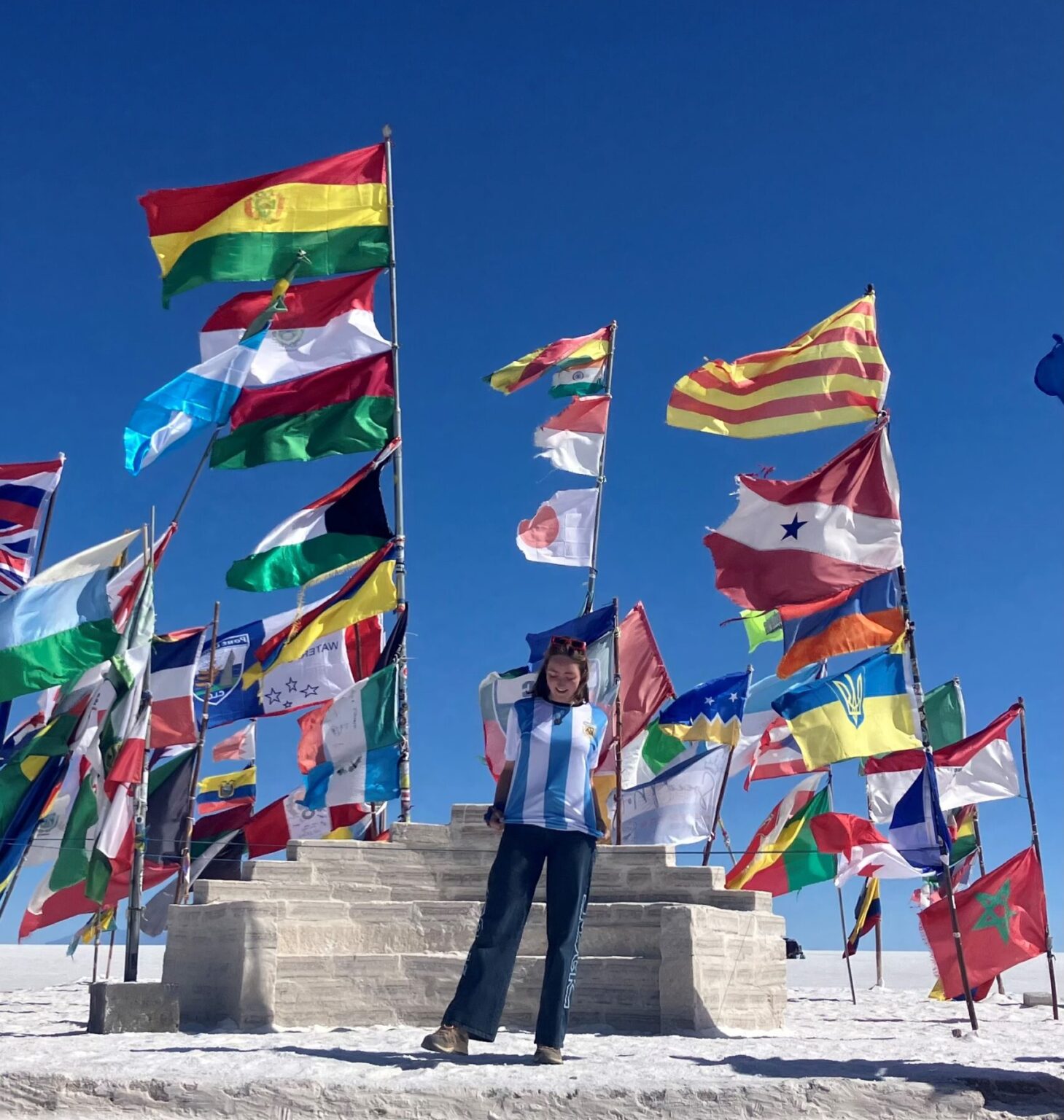Cover image – Fort Manoel on the left, with Sliema’s high rise buildings on the right – showing the impact of tourism in Malta
Sometimes I joke with my friends that Durham is so small, you can “do it in a day.” Of course, it’s not true, and it’s far from the truth that Malta, roughly the size of ten Durhams, could be “done” in ten days. For our field course, we spent seven full days in Malta, visiting neolithic sites, bird sanctuaries, eco-farms, historic cities and museums – and we barely scratched the surface of the wealth of information and adventure which this tiny country has to offer.
Hit the ground running
Day one of research featured a morning of guest lectures followed by an afternoon of approaching and interviewing locals about Freedom Day and the regatta that was taking place. Although nerve-wracking for many of us at first, it was a successful afternoon and we went away armed with new confidence to conduct field interviews, and the beginnings of our data collection about Malta and its residents. This was explored further later in the week when we surveyed people on the streets in Mdina before pooling and analysing the data we had collected.
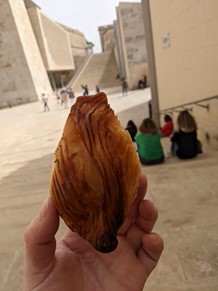
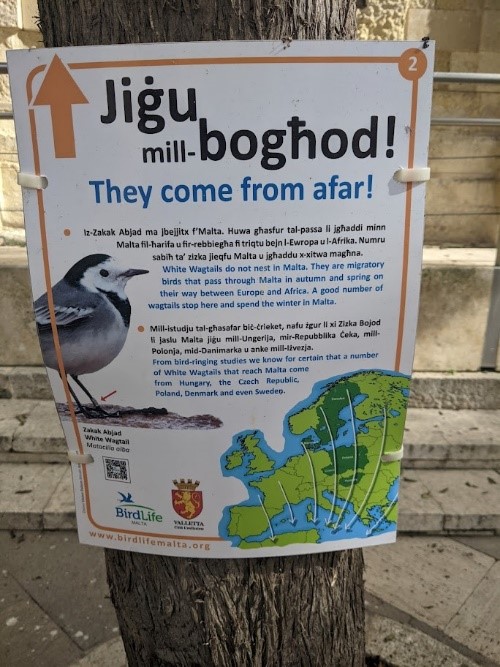
Ancient Malta
The field course also involved visits to Ghar Dalam cave and nearby Borg in-Nadur, sites which were being used by humans around 7,000 and 5,000 years ago respectively, where we got to experience the ‘bone room’, try wild asparagus and get a feel for the history of Malta both when humans first arrived and for the hundreds of thousands of years preceding this.
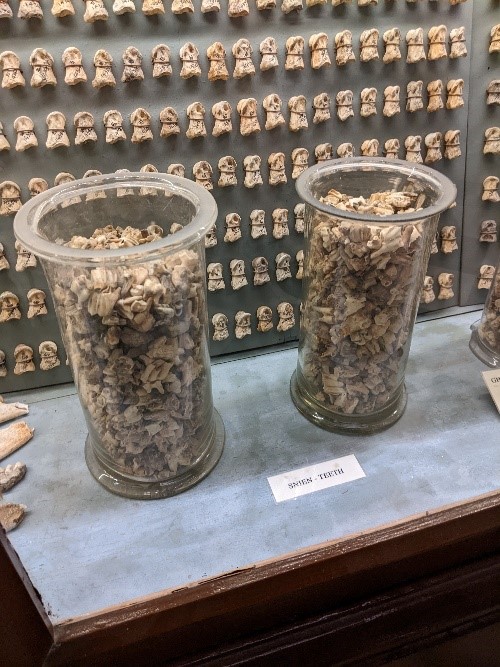
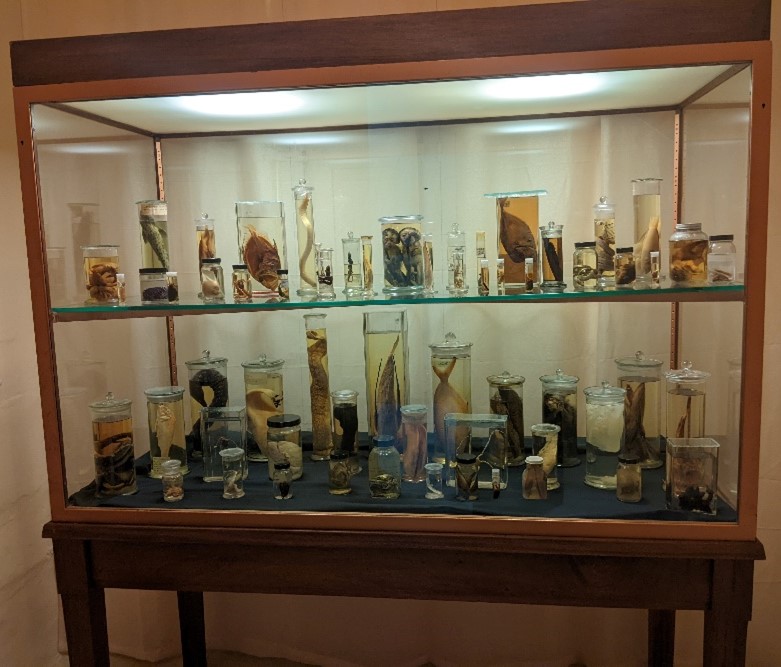
Island farming
As tiny and dry as Malta is, farming is a challenge, and since our theme was Malta as an Island in the Anthropocene of course we visited some farms! We had a tour of an olive grove that was involved in agri-tourism, and an eco-farm and shop, as the difficulties of (and responses to) climate change were explained to us.
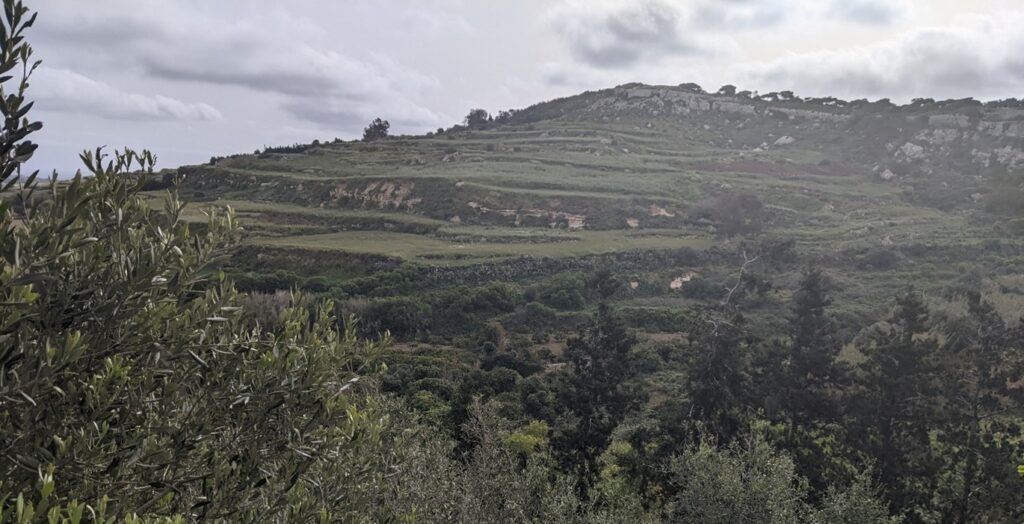
Feathered friends
Finally, we had the opportunity to tour two nature reserves aimed at protecting and studying the migratory birds which are so key to understanding Maltese culture. With hunting being a highly contentious issue, and one which appears to be changing with the times, the birds are extremely important both to those who seek to protect them, and those who seek to trap or shoot them, albeit for different reasons, which we explored in depth with the help of our guides.
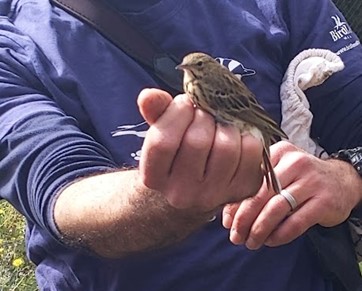
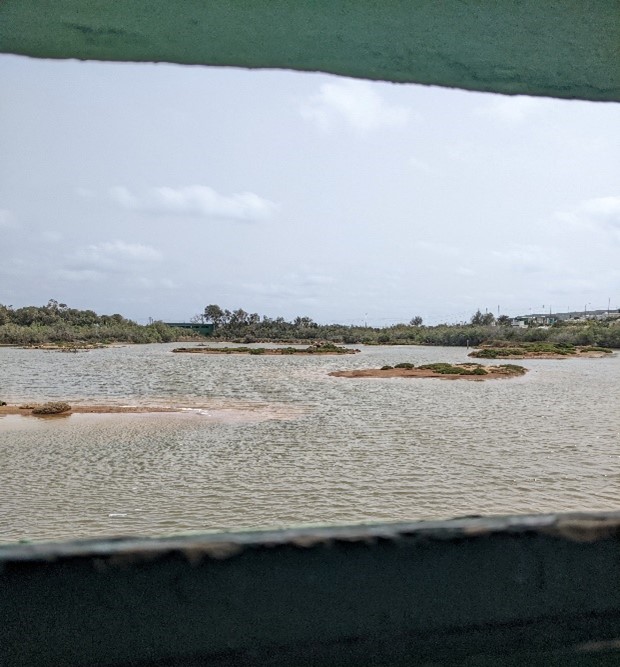
Personal research
Throughout the week we were given invaluable opportunities to practice and develop our anthropological research skills, through observing, interviewing, and surveying to mention a few. The final day of the trip was also set aside for independent research so that students could (re)visit the site that was most important to their research interests. Although the field course was delayed due to COVID-19 restrictions over the past two years, and most of us had already conducted independent research for our dissertations, this course still provided us with a fantastic opportunity to learn and apply skills that are integral to an anthropologist’s toolkit, and to really feel like an anthropologist rather than a student of anthropology.
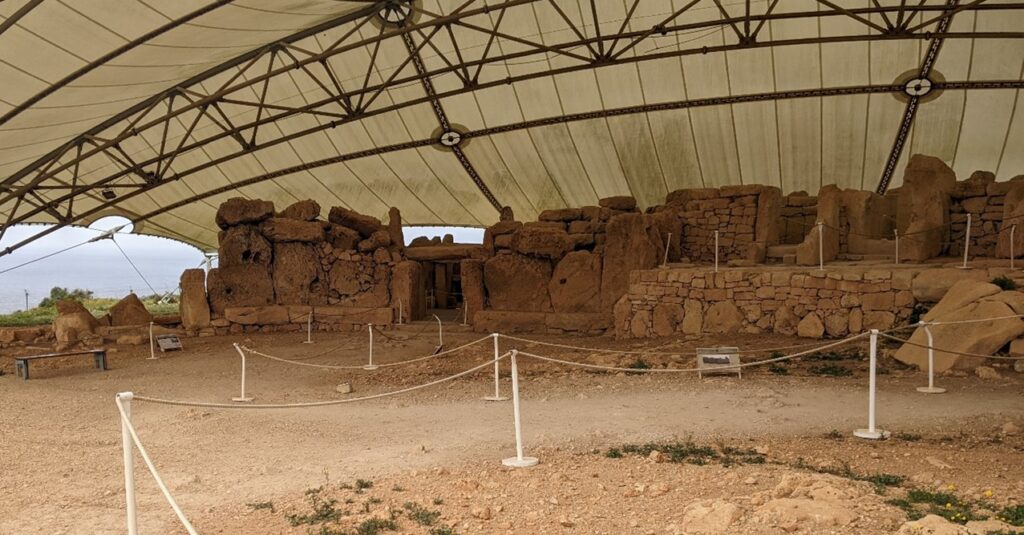
Discover more
Our Anthropology Department is one of the largest in the UK and is ranked 29th globally (QS World University Rankings by Subject 2022).
Fieldwork is core to our taught programmes, and we offer research-led teaching and hands-on experience to equip our students with the knowledge and skills they need for a successful future.
Visit our Anthropology web pages for more information on our undergraduate and postgraduate programmes.
Follow our students on Instagram, TikTok and YouTube.





